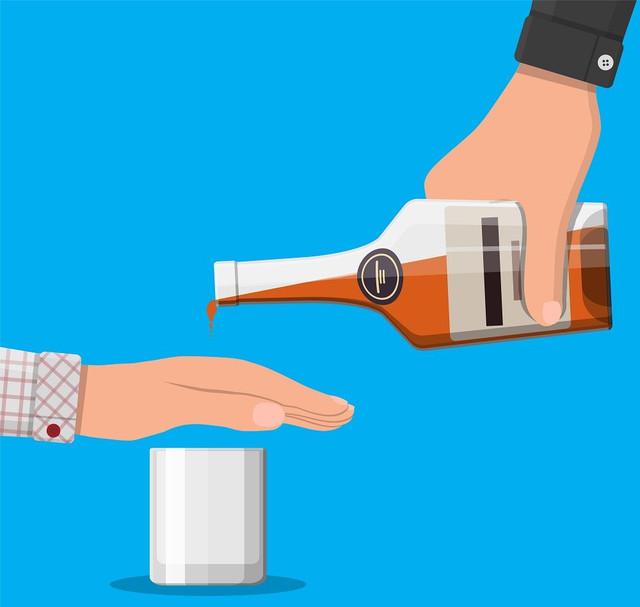Alcohol: The hypnotherapy method that stops you over-drinking

How much alcohol is too much? Some people turn to alcohol to help them function, whereas others find they have been gradually increasing the frequency of their alcohol consumption and their dependency on it and therefore need to regain control of their overpowering habits.
It’s all too easy to grab a drink at a social function or as part of a celebration but our culture means people’s addictions can simply be overlooked as normal behaviour. Some people have no clue what their daily recommended units allowance is, and if they do know, they may not realise how many or what type of drinks equate to that figure. This makes alcohol addiction a silent but dangerous way to unwind. The necessary treatment for excessive alcohol consumption involves getting to the root of the issue and addressing why alcohol abuse has become a problem, and this makes it a resourceful area for hypnotherapists to explore.
Why you should consider hypnotherapy for alcohol
Some people want to stop drinking alcohol completely, while others want to cut back for health reasons but whatever the reason, the key to reducing alcohol intake is forming the habits that will help people to make sustainable changes to their mentalities and their thought processes. This is why hypnosis makes a suitable therapy match for those with alcohol addictions. Problems form when people rely on alcohol. This reliance can encompass anything from experiencing an overwhelming need for alcohol to consuming it to fall asleep, reaching out for alcohol when feeling stressed or simply drinking for the sake of it. Principally, we find that alcohol can lie at the heart of other problems that a client may be dealing with, such as difficulties with money or confidence.
How hypnotherapy can help
Alcohol abuse can be a tricky problem to gauge because it frequently comes down to the person’s ability to recognise that they have a problem. This only scratches the surface however, and in many cases, the person may think they have exhausted all the options open to them. This is why hypnotherapy for alcohol dependency is a hugely underused resource. Our drinking behaviours can be shaped by the habits formed from the teenage years of drinking. Most people are familiar with the feeling of liberation and invincibility that a drink or two can provide and this is the sentiment that can perpetuate into adulthood, meaning that people feel better with a drink in hand. When this is the problem, then the solution is to get the person to do something else, and that involves forming new, positive habits and motivations. It is in this way that hypnotherapy nurtures new ways of thinking and forms an effective treatment. Other therapies don’t explore the trigger of these behaviours, which is why they are less effective for people who want to eradicate their addiction for good.
Benefits for end user
Breaking free from alcohol dependency is one of the biggest achievements that hypnotherapy can help with. By relying on positive thoughts alone, hypnosis helps people to change deep-rooted beliefs about themselves and gives the patient strong feelings of self-worth and empowerment. It allows them to see themselves as independent from any ties to alcohol and be free to embrace the powers that come with not relying on it. This leads to the person learning to control their behaviours and allowing themselves to break the cycle that comes with addiction. In fact, some patients who have sought hypnotherapy to reduce alcohol consumption have been known to give up drinking it entirely once they’ve become used to it. This demonstrates the power hypnotherapy can instil in the patient.
For a hypnotherapist, treating alcohol addiction disorders is a sought-after skill that requires a real specialism in the area. It also requires a deep understanding about what triggers addictive behaviours. Through changing everything your patient has learnt about alcohol and influencing how they will feel about their future, the importance of your role in empowering them becomes even more distinct.




